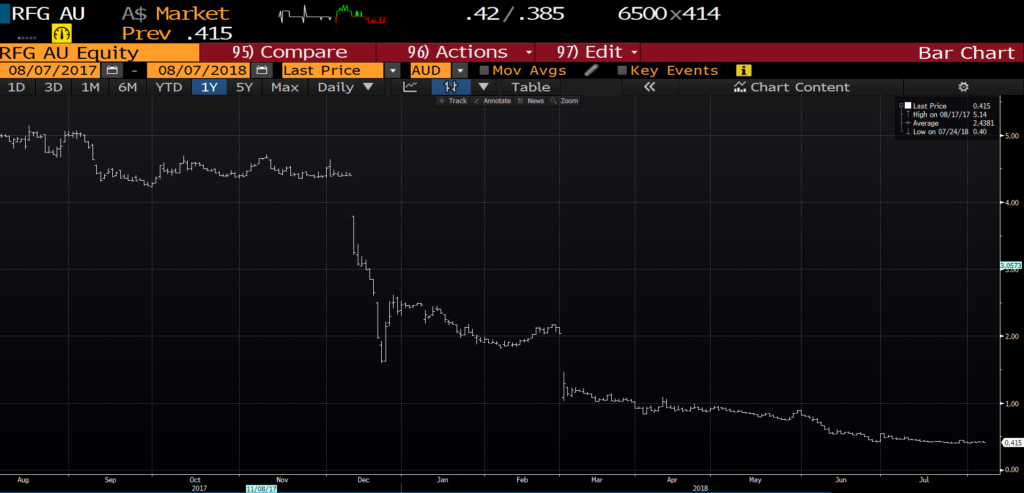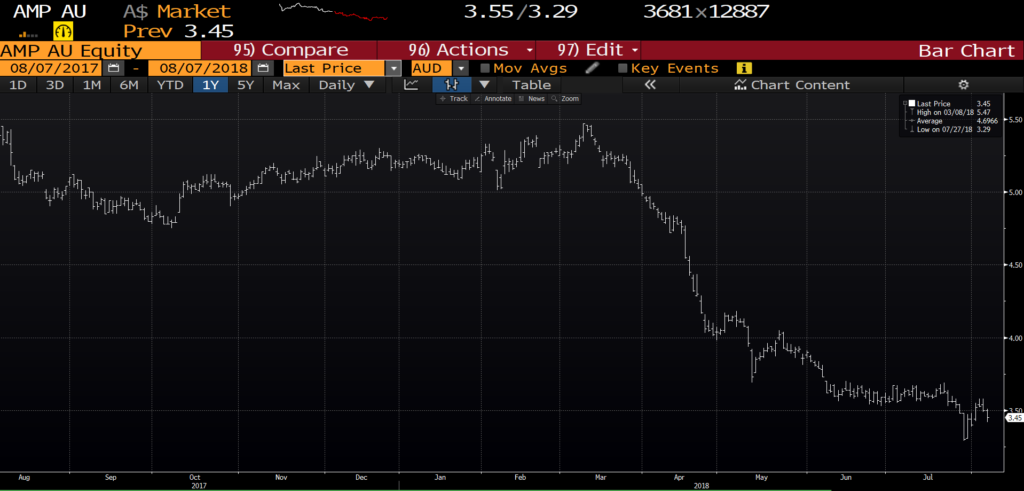Phil Strano, Senior Investment Manager at Yarra Capital Management, explains how the balanced scorecard approach can be used to assess investment risk and generate higher risk-adjusted returns.
“It takes twenty years to build a reputation and five minutes to ruin it. If you think about that, you’ll do things differently.” – Warren Buffett
The prioritisation of short-term and unsustainable financial performance has been a wrecking ball for the reputation of some well-known Australian corporates over the past 12 months, with shareholder returns similarly decimated.
While the Financial Services Royal Commission has dominated attention, the recent Franchising Code of Conduct parliamentary inquiry uncovered systemic abuse of franchisees, with ASX-listed franchisor Retail Food Group (RFG) one of the highest profile casualties.
RFG’s unrelenting focus on near-term financial targets has come at the expense of long-term and sustainable performance. Pressure to meet short-term financial goals – regardless of macroeconomic conditions – has given rise to franchisee mistreatment, leading to significant brand damage and capital loss. RFG’s market capitalisation peaked in 2017 at ~$1.2bn. Today it sits below $80mn (refer chart 1).
Similarly, AMP’s focus on short-term targets appears to have driven much of the unethical behaviour exposed by the Royal Commission (e.g. charging fees for no service and lying to the regulator). While not as drastic, AMP’s market capitalisation has declined by a third since March (refer chart 2).
As fundamental investors, we focus on identifying companies balancing realistic short-term financial targets with long-term sustainability. The balanced scorecard approach – often used to measure corporate sustainability and success – can be adapted to assess investment risk and generate higher risk-adjusted returns. Our approach incorporates financial analysis, a qualitative scoresheet for ESG and other key factors and, critically, assesses a company’s long-term prospects. This approach is particularly relevant for credit investing, where illiquidity can limit a credit manager’s ability to exit positions quickly.
BlueScope (BSL) and NextDC (NXT) are two companies balancing short-term financial targets with investing for long-term success. Both are conservatively funded, focus on higher growth markets and have well-understood growth strategies. Their debt instruments have performed well in recent years, with credit spreads declining appreciably (~200 bps) and new issuance highly sought after.




0 Comments